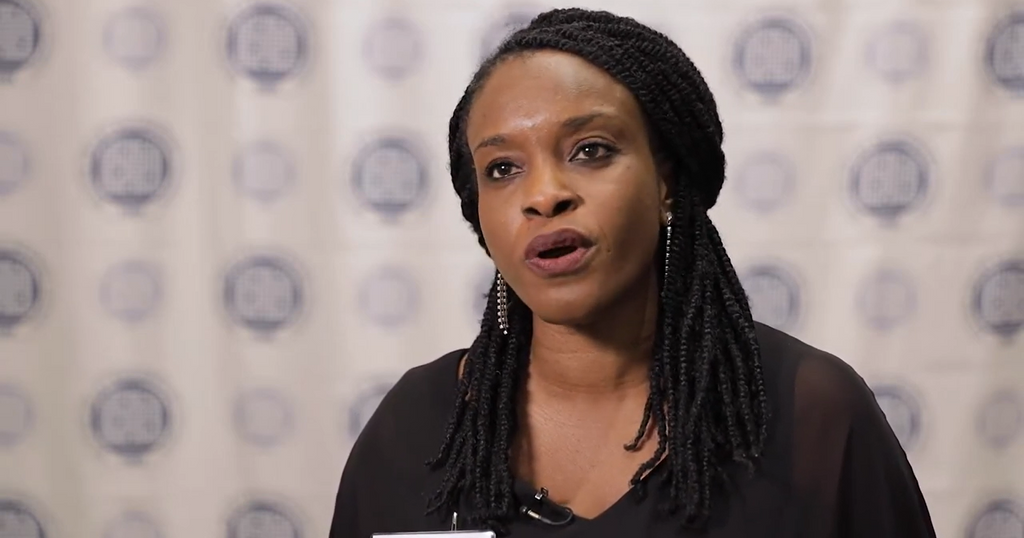Longevity, influence and the social media trap: Who do we trust with our health?
In a world where six-pack abs are flaunted more than six-point health plans, who are we really trusting […]

Nigerian scholar, Professor Rose-Margaret Ekeng-Itua, has carved out a unique path for herself becoming the first black woman to earn a doctorate (PhD) in Cybernetics.
Cybernetics is a field that explores the communication and control in machines, electronic equipment, and biological systems like the brain and nervous system.
Ekeng-Itua is an award-winning professor with over two decades of experience in Engineering and STEM education across the USA, Europe and Africa, according to Vanguard Nigeria. She earned her PhD from the University of Reading in the United Kingdom.
Her academic journey before her pioneering PhD began with a bachelor’s degree in Electrical and Electronic Engineering from the Federal University of Technology Owerri in Nigeria, followed by a master’s degree in Mobile and Satellite Communications Engineering from the University of Surrey in the United Kingdom.
In her own words, “This has always been my passion, and pursuing my passion and the dream to disrupt some societal misnomers propelled me to being the first black woman to earn a doctorate in Cybernetics. Being the first in anything is always retrospective, for me, the initial focus is always creating a positively transformative impact,” she said.
Her passion for Mathematics and Physics was ignited at an early age and played a significant role in shaping her career. She recalls, “It was also born from my wish at the age of nine to create platforms that connected the world to foster global unity for progress and appreciative understanding of global cultures. At that young age, I noticed a huge disconnect in what the Global North thought they knew about Africa which I call the Global South.”
Ekeng-Itua’s achievement aligns with another pioneer in the scientific field, Sainabou Laye Ndure a Gambian woman who in 2023 became the first African to have obtained a master's degree in Genomic Medicine, a study that seeks to find methods of handling and curing genetic diseases from Oxford University.
The Gambian scholar, like Ekeng-Itua, also hopes her feat will have a transformative impact. “I believe if I apply the knowledge acquired at Oxford back home, a handful of lives can be changed for the better. I hope to be part of a team that will one day develop a cure and or, better methods of handling genetic disease,” she expressed.

In a world where six-pack abs are flaunted more than six-point health plans, who are we really trusting […]

In the era of social media, post-COVID, and with mental health at the forefront, a shift is taking […]